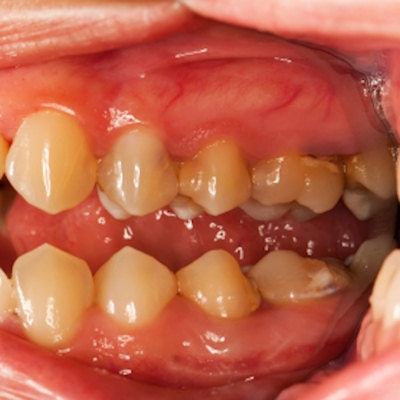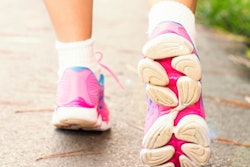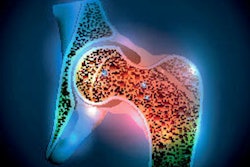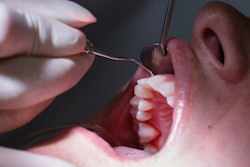
Exercise improves physiology and reduces gum disease in people with nonalcoholic fatty liver disease, according to a recent study in the International Journal of Environmental Research and Public Health.
Researchers from the University of Tsukuba in Japan found that exercise may be used to improve the oral environment in people with nonalcoholic fatty liver disease, potentially leading to new treatments.
To characterize underlying mechanisms of the liver disease, the researchers sought to determine how exercise alters physiology and how altered physiology induces changes in oral bacteria. Saliva from overweight men with nonalcoholic fatty liver disease and gum disease underwent biochemical and genetic analyses before and after 12-week exercise or diet programs.
The men who followed an exercise regimen lost fat mass and gained muscle mass, and their concentrations of lactoferrin, lipopolysaccharide, and secretory immunoglobulin A (IgA) decreased, suggesting the physical activity altered their oral bacteria. Therefore, exercise may cause a biochemical shift that leads to the survival of less harmful bacteria in the mouth in those diagnosed with nonalcoholic liver disease and gum disease, the researchers concluded.



















